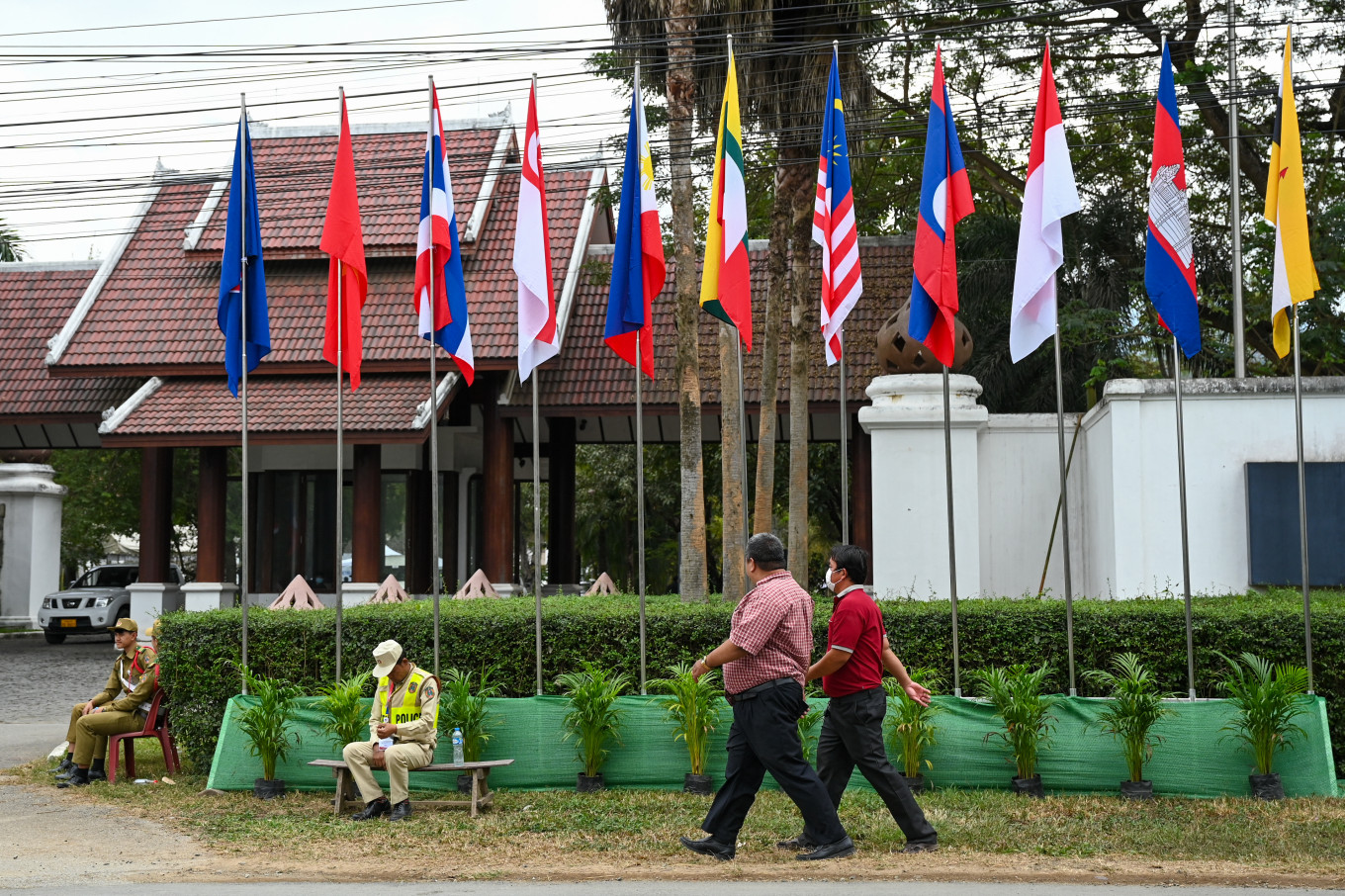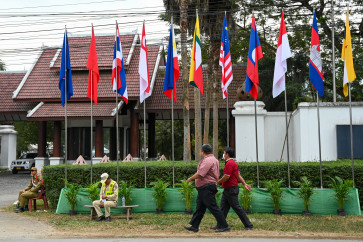Popular Reads
Top Results
Can't find what you're looking for?
View all search resultsPopular Reads
Top Results
Can't find what you're looking for?
View all search resultsMeetings on Myanmar: Human rights and ASEAN’s credibility at stake
Beneath the veneer of pragmatism lies a deeper, more troubling dilemma: Thailand’s decision to include junta representatives risks legitimizing a regime responsible for egregious human rights abuses, undermining both ASEAN’s credibility and the principles it claims to uphold.
Change text size
Gift Premium Articles
to Anyone
T
his week, Thailand is hosting two critical ASEAN meetings on Myanmar, a country still ensnared in crisis nearly three years after the military coup of February 2021. On Thursday, the meetings will focus on two pressing issues, namely border security and transnational crime, followed by a review of ASEAN’s Five-Point Consensus on Friday, a peace plan designed to address the multifaceted challenges Myanmar faces.
At first glance, these meetings may appear pragmatic. Myanmar’s implosion has destabilized the region, intensifying forced migration, cross-border crime and economic disruptions. For Thailand, which shares a 2,400 kilometer border with Myanmar, these are not distant problems but immediate national concerns.
Yet beneath the veneer of pragmatism lies a deeper, more troubling dilemma: Thailand’s decision to include junta representatives risks legitimizing a regime responsible for egregious human rights abuses, undermining both ASEAN’s credibility and the principles it claims to uphold.
Since the military coup, Myanmar has spiraled into a devastating conflict. Reports from the United Nations, international organizations and local civil society detail a grim reality: Widespread arbitrary arrests, torture, airstrikes targeting civilians and forced conscription.
Over 4,000 civilians have been killed and more than two million displaced, while thousands of political prisoners languish under brutal conditions. Ethnic minorities, including the Karen, Kachin and Rohingya, continue to face systematic persecution that constitutes war crimes and crimes against humanity.
The toll on Myanmar’s people is staggering. Families have been torn apart, entire communities razed and countless lives shattered. Yet, while Myanmar’s people demonstrate extraordinary resilience, the junta remains emboldened by the inaction of both regional and global actors.
Adopted in April 2021, ASEAN’s Five-Point Consensus laid out a roadmap for peace: An immediate cessation of violence, inclusive national dialogue, humanitarian assistance and a peaceful resolution to the conflict. However, nearly three years on, the plan lies in tatters. The junta has intensified its brutality, dismissing ASEAN’s efforts with impunity, while humanitarian aid remains blocked from those who need it most.



















